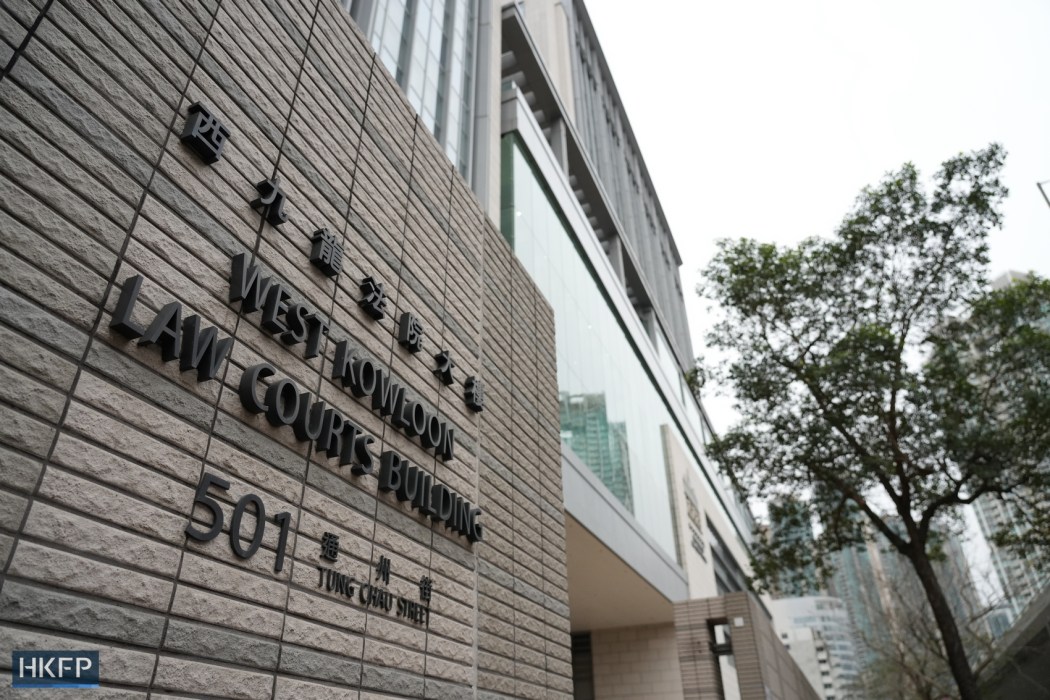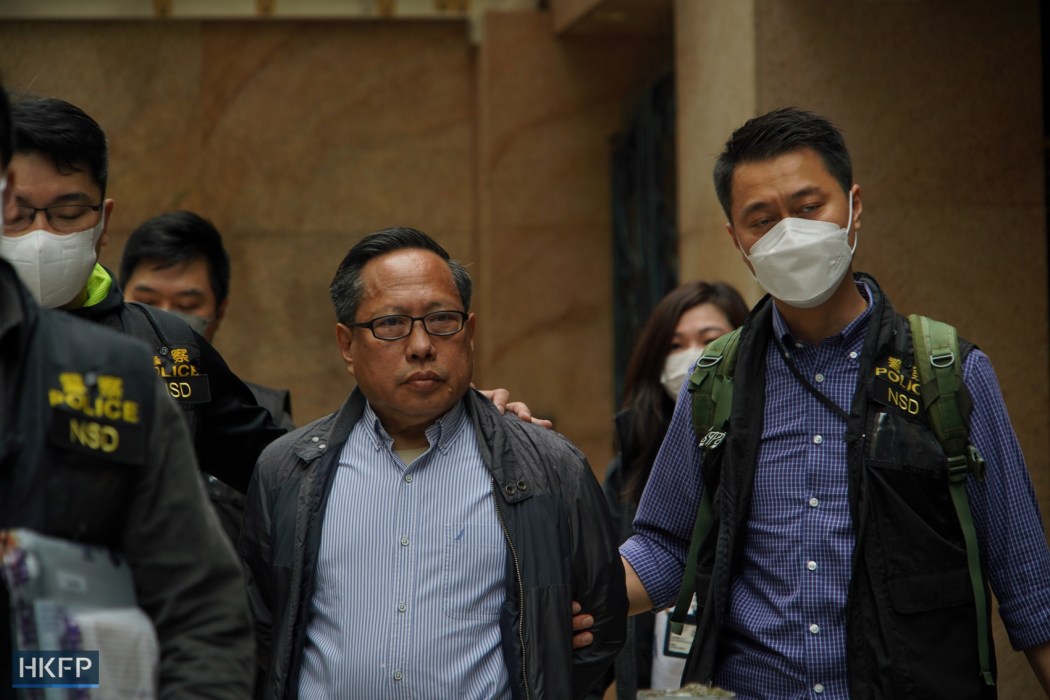A Hong Kong democrat charged under the Beijing-imposed national security law has been remanded in custody after a magistrate ruled that he had violated his bail conditions.
Albert Ho, ex-chairperson of the Democratic Party, appeared in front of Chief Magistrate Victor So at the West Kowloon Magistrates’ Courts on Wednesday following his arrest by national security police on Tuesday.

The democrat stands accused of inciting subversion along with the now-defunct Hong Kong Alliance in Support of Patriotic Democratic Movements of China and two of the group’s other ex-leaders. Ho was granted bail in August last year.
Ho’s bail conditions included a cash bail of HK$700,000 and a surety of HK$400,000. He was also prohibited from doing any act or making any speech that could be deemed as violating the security legislation.
The democrat was also barred from directly or indirectly contacting any foreign officials or their staff members.
The national security case has been transferred to the High Court pending trial. The maximum penalty for inciting subversion is 10 years imprisonment.

On Wednesday, So, who is one of the city’s handpicked national security judges, refused to lift bail reporting restrictions.
Under bail reporting restrictions, written and broadcast reports may only include the result of a bail proceedings the name of the person applying for bail and their representation, and the offence concerned.
Offenders could face a fine of HK$50,000 and six months imprisonment if convicted.
Following submissions from prosecutor Vincent Lee and Ho’s barrister Catherine Wong, the magistrate revoked Ho’s bail.
Those charged under the sweeping legislation have to face a more stringent bail assessment. Judges not only have to consider the defendant’s risk of reoffending and absconding, but also whether there are sufficient grounds to believe that the defendant will not continue endangering national security.

Ho’s remand came after a series of national security arrests in March.
Elizabeth Tang, former chief executive of the Hong Kong Confederation of Trade Unions, was arrested for allegedly colluding with foreign forces. Tang was arrested outside Stanley Prison after visiting her husband Lee Cheuk-yan, who is Ho’s co-defendant.
Ho’s brother, solicitor Frederick Ho, and Tang’s sister Marilyn Tang, were arrested after they were accused of removing evidence from Elizabeth Tang’s home. The trio were granted bail.
The security law, enacted in June 2020, criminalises subversion, secession, collusion with foreign forces and terrorist acts, which were broadly defined to include disruption to transport and other infrastructure.
The move gave police sweeping new powers, alarming democrats, civil society groups and trade partners, as such laws have been used broadly to silence and punish dissidents in China. However, the authorities say it has restored stability and peace to the city.
Support HKFP | Policies & Ethics | Error/typo? | Contact Us | Newsletter | Transparency & Annual Report | Apps
Help safeguard press freedom & keep HKFP free for all readers by supporting our team
























